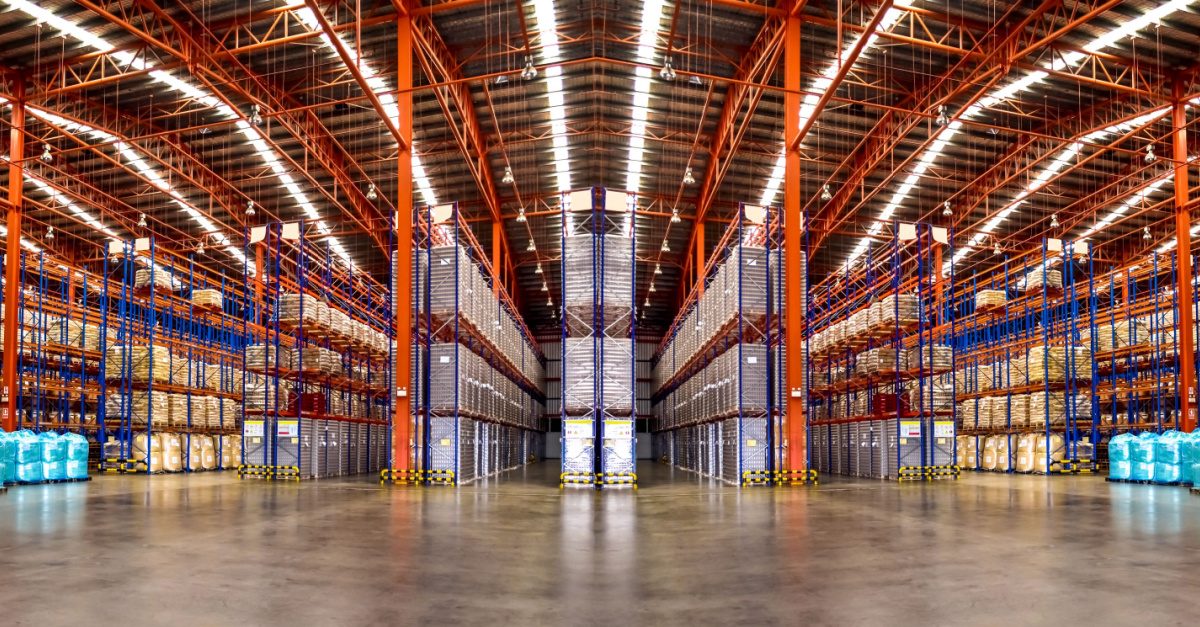
Tips to Effectively Manage Your Inventory
Inventory management can be challenging for anyone in the retail industry. It is essential to keep it under control to save valuable time and sustain revenue. Knowing how much product you have will help you sell it effectively. The following tips will help you keep track of your inventory more efficiently.
Keep Your Warehouse Organised
Organising your merchandise is critical for your business. Manage your items correctly to prevent things from piling up and getting lost. It can disrupt your ordering process and lead to unnecessary stress on your employees. You will have a better feel for your inventory when everything is in place. Your stock will flow through your business efficiently, allowing time to be focused on other essential tasks.
Utilise a Good Point of Sale System
Having all your inventory entered into a point-of-sale system(POS) is crucial. The right retail pos software system will help you to ensure accuracy. You can track your items in real-time and gain valuable insights to increase your sales strategically. All of your needs will be under one system, allowing you to get work done in half the time it takes without it. A sound POS system will simplify your ordering process and generate powerful reports to manage your business quickly and efficiently.
Stay on Top of Loss Prevention
Consider a loss prevention manager to oversee your inventory. Create a systematic process that centralises the redistribution of your products. It will create accountability for items coming in and out of your business, minimising opportunities for lost products. It will generate a better inventory outcome at the end of the year.
Monitor Your Suppliers
It is wise business sense to stay on top of the suppliers delivering goods to your company. For instance, it may be that a supplier consistently omits items on your order or provides a damaged product. These are scenarios that will hurt your bottom line. It is a good idea to source multiple suppliers for your product. It gives you options to ensure your customer receives their merchandise as planned when a product arrives differently than scheduled.
Audit Your Inventory
Even with inventory software in place, a physical audit of your supplies is necessary. You can choose to do it weekly, monthly, quarterly or annually. The size of your business and the amount of inventory you have should dictate when you should do this. A physical count will ensure that your product count matches what is in your system. Executing a physical count routinely can save you from a more significant task in the future if there has been an error for a long time.
Keep Records of Product Information
Depending on the kind of business you have, keeping records of detailed information on your products is a way to keep you on top of trends and availability. These logs include manufacturers, country of origin and lot numbers. You will better understand a change in cost, product scarcity and seasonality. You must keep safety data sheets if you sell any chemical items.
Prioritise Your Inventory
You can categorise your products in the order in which they sell. For example, you can group your inventory into three classifications. Separate one group to list high-cost items, another for low-end products and the last for moderately priced items. It will help your employees save time when stocking items that have arrived from the supplier.
Order Some Items Manually
Sometimes, vendors take care of ordering products for you for convenience. It may seem like an excellent idea to save time and labour, but it is important to note that vendors have their agenda and quotas to fill. Items may come through your system without your knowledge. It will benefit you to occasionally order your products personally to ensure everything is on the right track.
These tips will help you keep your inventory organised and your business running efficiently. It will allow you to focus more on selling your items and creating more revenue.

Make your inventory work for you, and your bottom line! IoSCM can help you with the knowledge, insight and expertise you need to create an effective management system for your inventory and your warehouse.
Visit our Warehousing and Inventory courses page for further information.
